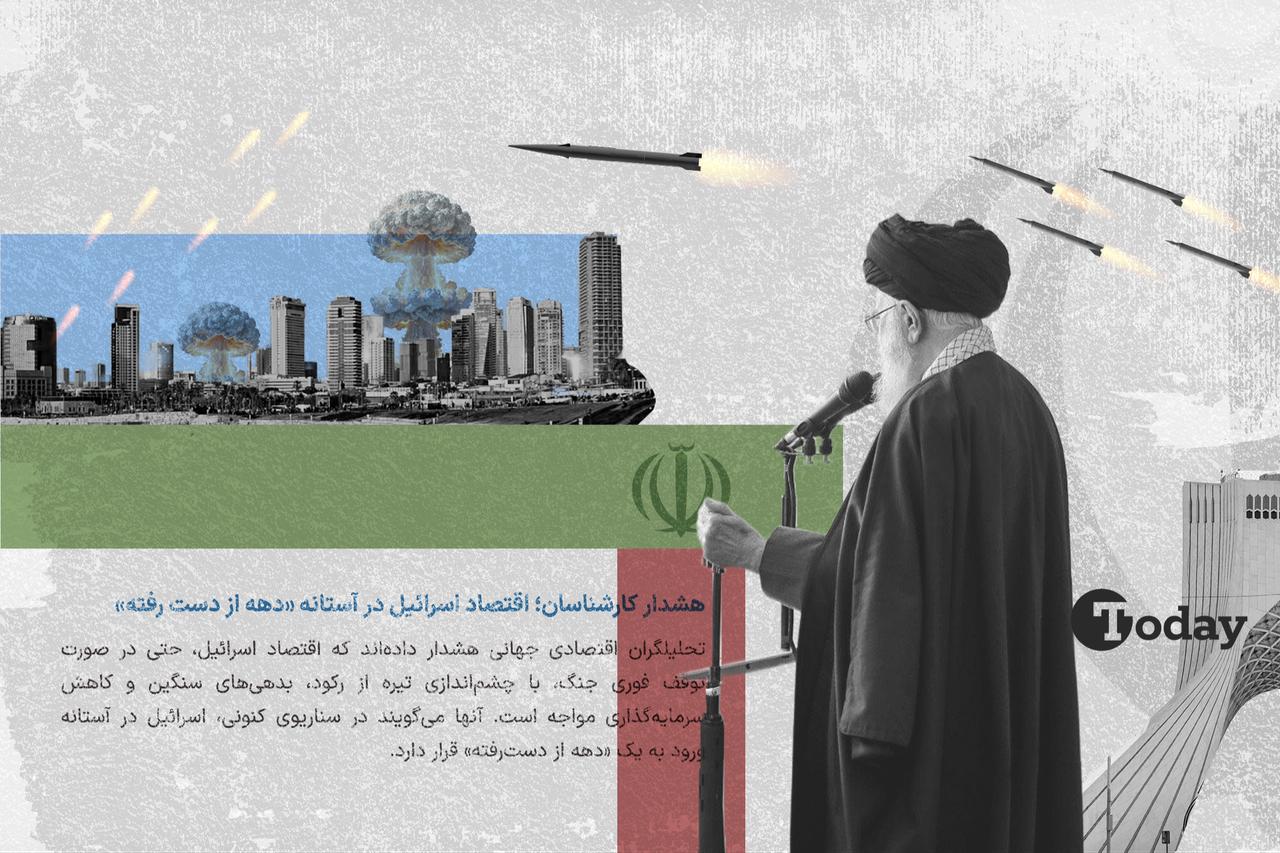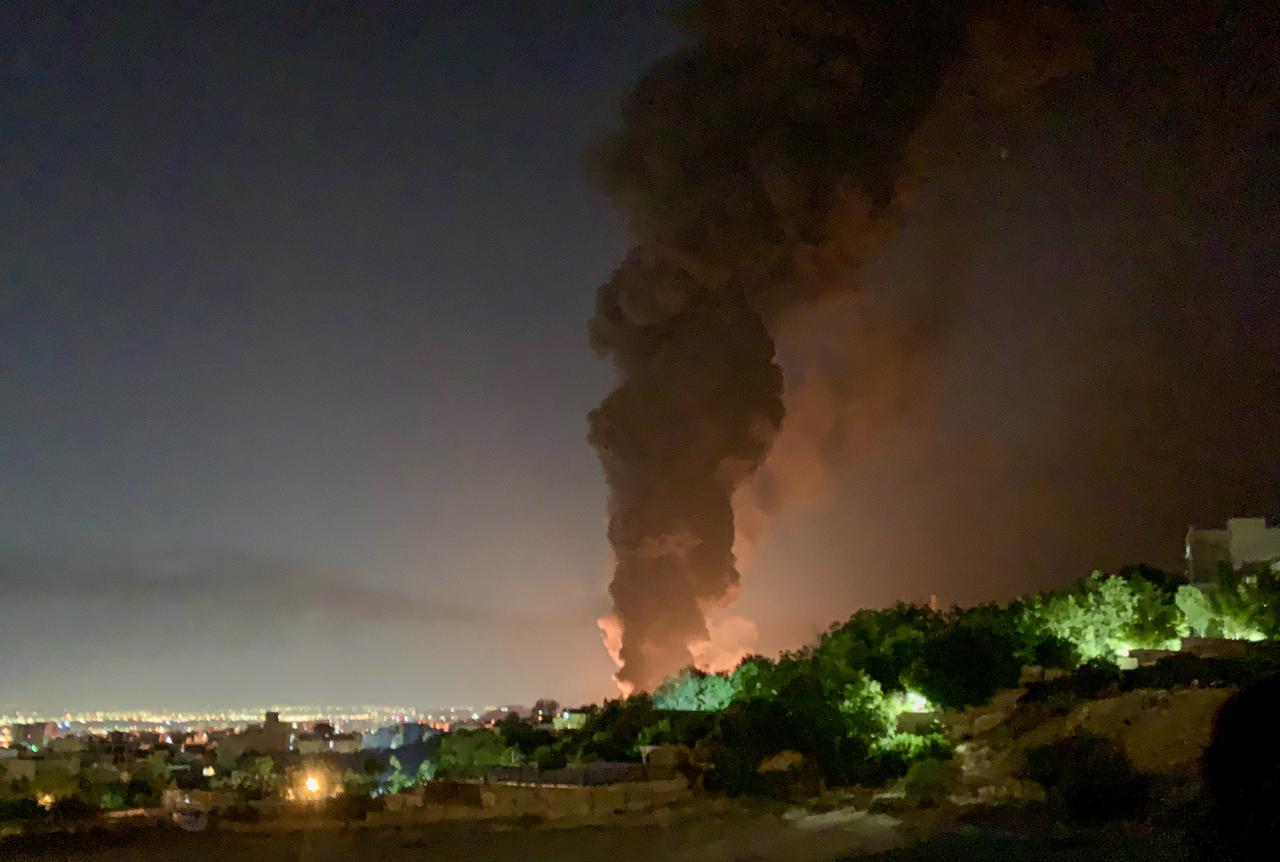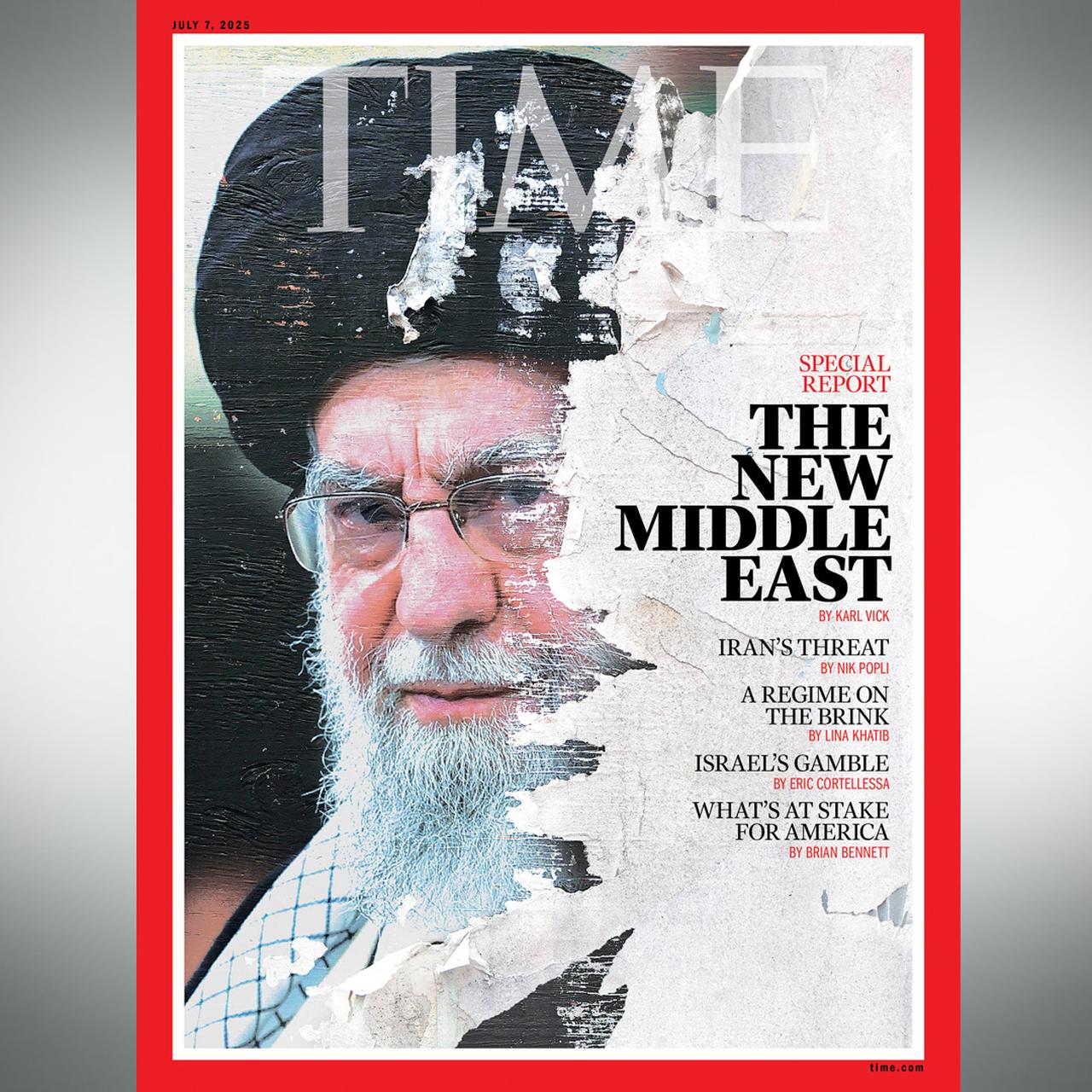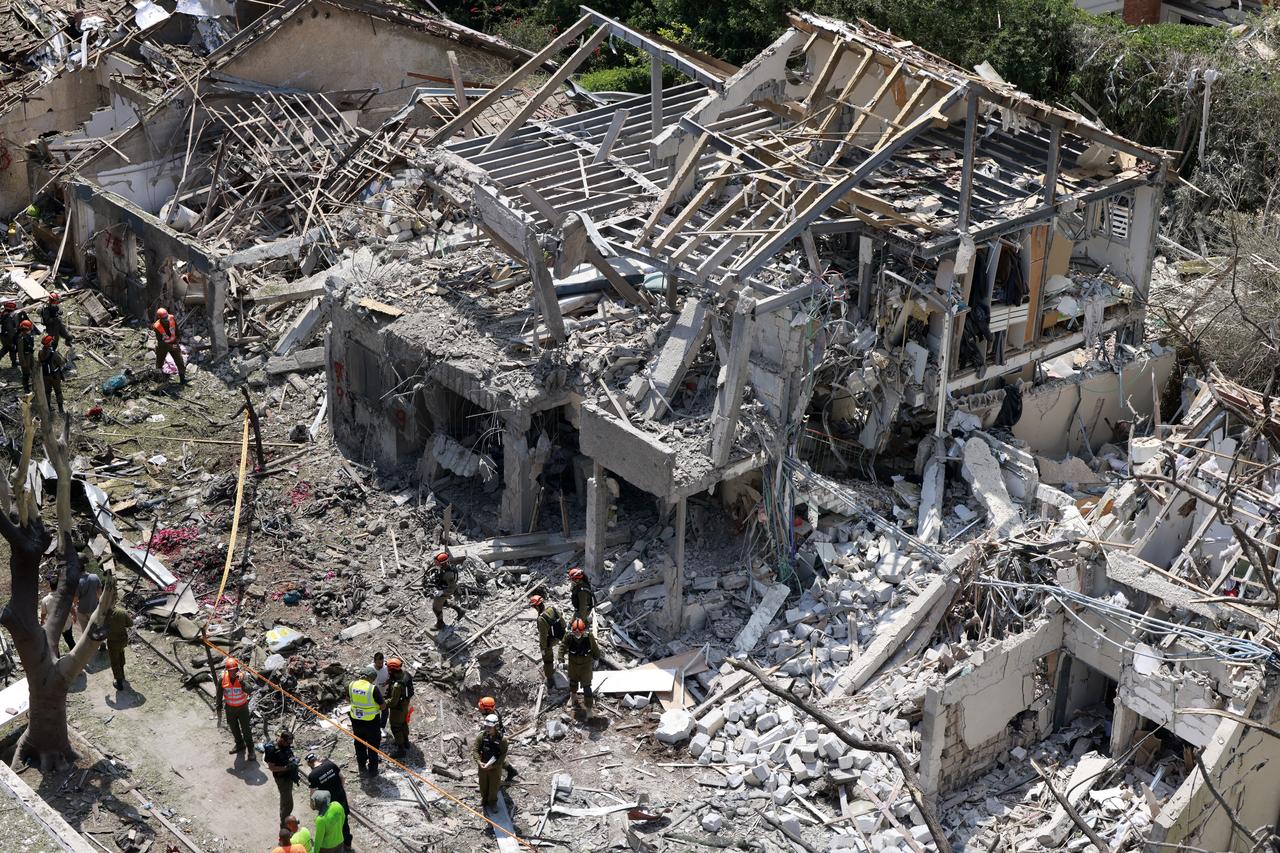
The article was first published by Topchubashov Center.

Israel's attack on Iran’s military and nuclear sites on June 13 marked an unprecedented escalation since 1979, sending shockwaves across the region and putting neighbors on high alert. Azerbaijan, a close Israeli ally in the South Caucasus, is increasingly exposed as fighting intensifies near its borders, with possible spillover effects. In a carefully worded statement on June 13, Azerbaijan’s foreign ministry voiced serious concern over the Israeli military operation against Iran and condemned a broader escalation. The Assistant to Azerbaijan’s President, Hikmat Hajiyev, said Baku had taken proactive steps to brace itself against negative scenarios.
Azerbaijan kept its calm and refrained from taking sides when Iran and Israel traded first direct blows in April and October 2024. Baku prioritized regional stability to reap the benefits of new energy and transport projects while quietly advancing a calibrated two-track strategy – engaging Tehran as a wary neighbor and Israel as an indispensable security partner. With Iran, projects along the north-south transport corridor regained momentum, while cross-border energy cooperation advanced, culminating in President Pezeshkian’s visit to Baku in May as a symbol of a deepening pragmatic partnership. With Israel, Baku doubled down on military and economic cooperation, finalizing Barak-8 air-defence deliveries, expanding joint drone production with local value-added, and linking new gas deals in Israeli waters.

In this context, the post-June 13 clashes, though notably more fatal than those of the previous year, appear manageable for Baku so long as they remain confined to Iran and Israel and ultimately pave the way for renewed diplomacy over Iran’s nuclear program. If the fog of war thickens and the conflict widens to draw in third actors – particularly the United States and Hezbollah – Azerbaijan could confront a plethora of challenges, ranging from refugee inflows to radioactive exposure.
Rising escalation could also blur Iran’s calculations about Azerbaijani neutrality. For years, Azerbaijan’s growing alliance with Israel has led some in the upper echelons of power in Tehran to suspect Baku’s potential complicity in a would-be Israeli attack. In a familiar pattern, after June 13, some media channels close to the Supreme Leader’s office and the IRGC insinuated Azerbaijan’s backing for Israeli operations, with hardline MPs warning of retaliation should Baku permit use of its airspace or territory for strikes on Iran.
If the recent past is a guide, such rhetoric is unlikely to crystallize into state policy under current circumstances, as Azerbaijan has consistently signaled its commitment to non-involvement. Such a scenario would open Pandora’s Box for Baku, putting national security at huge risk. On June 14, in a phone call with his Iranian counterpart, Azerbaijan’s Foreign Minister Jeyhun Bayramov said, “the territory of Azerbaijan cannot and will not be used by any country to take action against a third party, including neighboring and friendly Iran.” Meanwhile, responding to claims that Baku had enlisted ethnic Azerbaijanis in Iran to assist Israeli operations, Hikmat Hajiyev dismissed them as baseless and part of a deliberate disinformation campaign.

Israel seems to have engineered aerial routes enabling its large numbers of fighter aircraft to reach Iranian nuclear sites – deep into Iranian territory – with heavy payloads, without touching down on foreign soil. Given the limited range of its fighter jets, the IAF has likely devised novel aerial refueling strategies to extend operational reach for long-distance strike missions. One theory holds that Israel, with U.S. support, modified its F-35s with external drop tanks to achieve extended range without mid-air refueling or sacrificing stealth needed for penetrating Iranian defenses. It would significantly ease the strain on Israel’s aging and limited fleet of refueling tankers, which currently support the F-15I fighter aircraft, allegedly its primary platform for delivering bunker-buster bombs against Iran’s fortified nuclear facilities. Furthermore, Mossad’s well-crafted sabotage of Iran’s air-defense systems before the attack likely shortened the time its bomb-carrying aircraft had to spend inside Iran.
An expanded theater of war risks derailing Azerbaijan’s efforts to anchor itself at the crossroads of regional connectivity, a policy it has invested significant political and economic capital in recent years. Although mounting instability in the Middle East and Eastern Europe enhances the strategic relevance of Baku’s Middle Corridor, war-driven strategic volatility casts a long shadow over prospects for advancing major infrastructure projects in the wider neighborhood. Israel’s growing latitude in Iranian airspace, marked by strikes on critical infrastructure, threatens to erode confidence in the north–south transport corridor as a reliable trade route.
A humanitarian exodus remains a distinct possibility, one that Baku may be quietly factoring in its contingency planning. With millions of ethnic Azerbaijanis residing in Iran, any mass inflow into Azerbaijan would carry significant political and social implications, putting serious stress on the country’s economy. Meanwhile, should Iran’s central power falter, the resulting vacuum could spark ethnic clashes affecting Azerbaijani communities, raising pressure on Baku to intervene on behalf of its southern brethren.

Israeli and American strikes on Iran’s nuclear facilities – particularly in Fordow and Natanz – have raised fears of radioactive contamination in Azerbaijan and neighboring countries. Azerbaijan’s mobile radiation-survey teams deployed to the southern border with Iran have not detected any contamination. Armenian specialists in the border province of Syunik came to the same conclusion. Despite this, the risk of nuclear radiation remains tangible.
All in all, Iran’s dash for nuclear weapons to guarantee its survival does not bode well for Baku. On the one hand, it could trigger a destabilizing arms race in the region, with far-reaching consequences for the broader security architecture. On the other hand, it would shift the asymmetry in bilateral relations further in Iran’s favor. For Baku, the ideal scenario would be the cessation of hostilities and Iran and the U.S. returning to nuclear negotiations. A deal that curbs Iran’s nuclear ambitions while placing limits on its conventional forces and regional proxies, in return for partial sanctions relief, would align well with Azerbaijan’s strategic interests. While the Iranian opposition is but one of several obstacles, a changing geopolitical context would inevitably affect the broader equation concerning the future of the Zangezur Corridor.